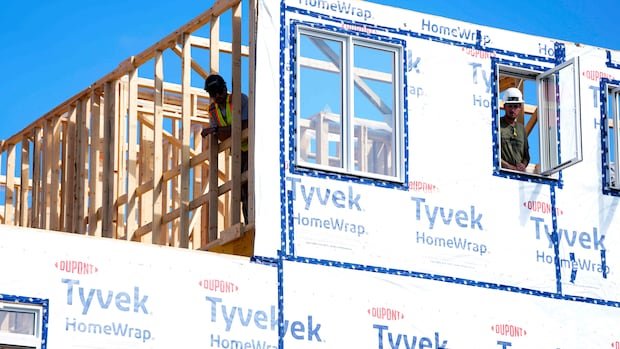Canada is set to join countries like Sweden, Japan, and the U.S. in exploring large-scale factory-built housing, drawing valuable insights from nations where this industry has flourished. Build Canada Homes, the government’s new homebuilding agency, plans to finance the construction of 4,000 modular homes on federal land nationwide next year, with potential expansion to construct 45,000 homes, aiming to address the pressing housing crisis.
While Canada’s modular housing sector is still developing compared to other global markets, where factory-built homes are gaining popularity for their speed, cost-effectiveness, and sustainability, there is much to be learned from successful and unsuccessful experiences worldwide. Sweden, for instance, heavily relies on prefabricated elements for housing, while Japan anticipates its prefab industry to exceed $23 billion by 2030. Similarly, Singapore boasts massive modular buildings housing nearly 1,000 apartments.
Experts emphasize the need for Canada to adapt its building culture, historically focused on onsite construction, to embrace prefabricated housing methods. Learning from countries like Japan and Sweden, known for their efficient and standardized modular housing industries, can serve as guiding principles for Canada’s modular housing development.
Despite the potential benefits of modular housing, cautionary tales exist, such as the failed U.S. Operation Breakthrough initiative in the late 1960s and New Zealand’s KiwiBuild program, which missed targets and deadlines. To ensure the success of Canada’s modular housing initiatives, it is crucial to avoid pitfalls like poor design and lack of demand, while also addressing unique challenges like transportation logistics and interprovincial trade barriers.
With Canada’s diverse housing challenges and opportunities, incorporating lessons from successful modular housing models worldwide can help Build Canada Homes effectively contribute to addressing the country’s housing needs, particularly for low-income families requiring affordable housing solutions.

